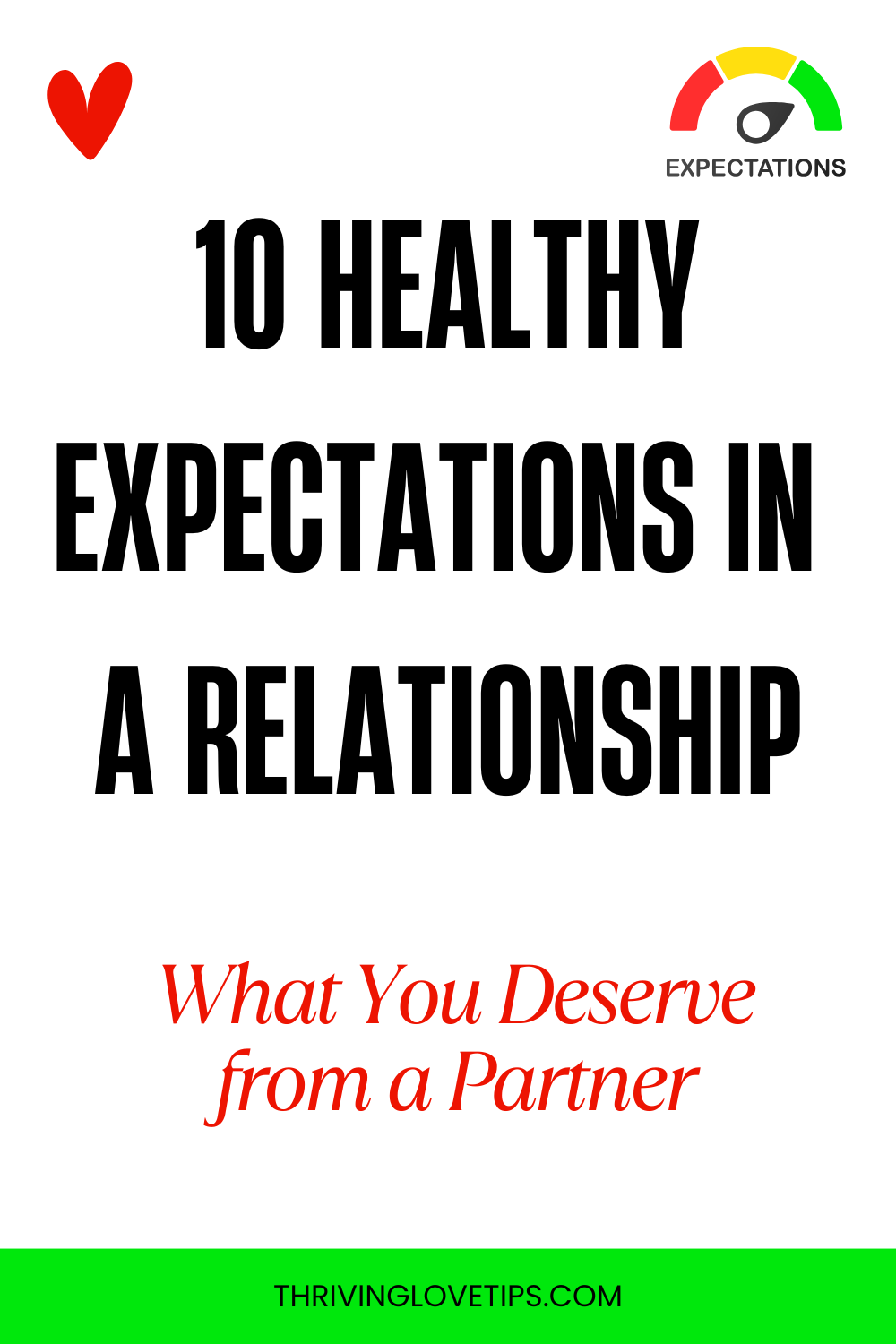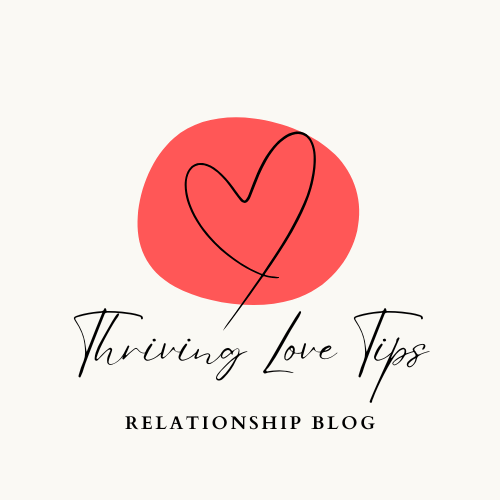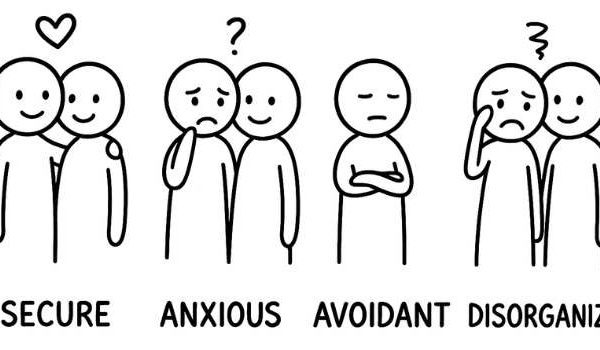Expectations in relationships get a bad rap. We’re often told not to have expectations, that they lead to disappointment, that we should accept people as they are without wanting them to change. But here’s the truth: expectations aren’t the problem. Unrealistic, unspoken, or rigid expectations are the problem. Healthy expectations, on the other hand, are essential for building a relationship that’s actually fulfilling rather than just barely functional.
Think of healthy expectations as the standards you set for how you deserve to be treated, the baseline of behavior that makes a relationship worth being in. They’re not about perfection or demanding that your partner read your mind or meet your every need. They’re about basic respect, mutual care, and the fundamental elements that make a partnership healthy rather than harmful.
The challenge is figuring out which expectations are reasonable and which are setting you up for disappointment. We live in a culture that sends wildly conflicting messages about relationships. Movies tell us that love should be effortless and magical. Social media shows us curated highlight reels that make everyone else’s relationship look perfect. Meanwhile, we might have grown up watching unhealthy relationship patterns that normalized behaviors that actually aren’t okay.
Understanding what you should expect from a partner isn’t about creating an impossible checklist or holding someone to unreasonable standards. It’s about recognizing what healthy love actually looks like so you can build a relationship that nourishes both people rather than draining them.

1. Consistent Respect
Respect isn’t just something you deserve during the good times or when you’re getting along perfectly. It’s a baseline that should be present always, even during disagreements, stress, or difficult moments. You should expect your partner to treat you with fundamental human dignity regardless of the circumstances.
What does consistent respect look like? It means your partner doesn’t call you names, doesn’t belittle your opinions, doesn’t mock things that are important to you, and doesn’t deliberately try to hurt you with their words or actions. It means they speak to you with kindness, even when they’re frustrated or upset.
Dr. John Gottman, whose research on relationships spans four decades, identifies contempt as one of the strongest predictors of relationship failure. Contempt is the opposite of respect, showing up in eye-rolling, mockery, hostile humor, and a fundamental attitude of superiority. In healthy relationships, you might disagree strongly, but there’s an underlying current of respect that never disappears.
You should also expect your partner to respect your time, your belongings, your privacy, your boundaries, and your choices. Respect isn’t conditional on you behaving perfectly or making your partner happy. It’s simply how you deserve to be treated, period.
2. Open and Honest Communication
You have every right to expect that your partner will communicate with you openly and honestly. This doesn’t mean they have to share every single thought or detail of their day, but it does mean they’re truthful with you, they’re willing to have difficult conversations, and they don’t hide important information.
Healthy communication means your partner tells you when something’s bothering them rather than sulking or withdrawing. It means they can express their needs and wants clearly rather than expecting you to guess. It means they’re willing to listen when you need to talk about something important.
Therapist Esther Perel emphasizes that the quality of communication determines the quality of intimacy. “You can’t build real closeness with someone who won’t be honest with you or who shuts down every time a difficult topic comes up.”
You should also expect that difficult conversations don’t turn into battles. Your partner should be able to discuss problems without attacking you, making everything your fault, or refusing to engage at all. Communication in healthy relationships isn’t perfect, but it’s genuine and both people are trying.
3. Emotional Support During Hard Times
When life gets difficult, when you’re struggling or hurting or just having a terrible day, you should expect your partner to show up for you emotionally. This doesn’t mean they have to fix everything or make all your problems disappear, but it does mean they offer comfort, compassion, and presence.
Emotional support looks like your partner listening when you need to vent, offering reassurance when you’re doubting yourself, showing patience when you’re going through something difficult, and generally acting like your well-being matters to them. It means they don’t minimize your feelings, tell you you’re overreacting, or make your struggles about themselves.
Dr. Sue Johnson, developer of Emotionally Focused Therapy, describes partners as each other’s “safe haven.” When the world feels overwhelming, you should be able to turn to your partner for comfort and support. If that’s consistently unavailable, the relationship isn’t providing one of its most fundamental functions.
This expectation goes both ways, of course. You should also be willing to provide emotional support to your partner. Healthy relationships involve mutual caregiving, with both people showing up for each other through life’s inevitable ups and downs.
4. Fidelity and Commitment
You have the right to expect that your partner will honor whatever commitment you’ve agreed to. For most people, this includes sexual and romantic fidelity, though every couple defines this differently. What matters is that you’re on the same page about what commitment means and that your partner upholds that agreement.
This goes beyond just not cheating. It means your partner isn’t keeping one foot out the door, constantly comparing you to other options, or maintaining inappropriate relationships with exes or other potential partners. It means they’ve chosen you and they act like it.
Commitment also means your partner is invested in the relationship’s future. They’re willing to work through problems rather than threatening to leave every time things get hard. They consider you in their plans and decisions. They’re building a life with you, not just passing time until something better comes along.
If your partner is unwilling to commit to the relationship in meaningful ways, if they keep you in a perpetual state of uncertainty about where you stand or where things are going, that’s not meeting a basic, healthy expectation of partnership.
5. Personal Space and Independence
Ironically, healthy relationships require both connection and separateness. You should expect your partner to respect your need for personal space, individual interests, and independence. You’re allowed to have time alone, friendships outside the relationship, and a life that doesn’t revolve entirely around your partner.
This means your partner doesn’t guilt-trip you for wanting to spend time with friends, doesn’t get jealous when you pursue hobbies they’re not involved in, and doesn’t demand constant access to you or constant updates on your whereabouts. They trust you enough to let you be your own person.
Relationship expert Esther Perel talks about the importance of maintaining “separateness in togetherness.” The healthiest couples are made up of two whole individuals who choose to share their lives, not two half-people desperately clinging to each other to feel complete.
You should also expect that your partner has their own life outside the relationship. A partner who has no friends, no interests, and no identity beyond being your significant other will inevitably put pressure on you to be their everything, which is both exhausting and impossible.
6. Fair Division of Responsibilities
In practical terms, you should expect that your partner will pull their weight in the relationship. This includes household tasks, financial contributions (according to your agreement), emotional labor, and the general work of maintaining the relationship and your shared life.
What “fair” looks like varies between couples, but the key is that both people feel the division is equitable and that both are contributing. One person shouldn’t be doing all the cooking, cleaning, planning, and managing while the other coasts along doing the bare minimum.
Sociologist Arlie Hochschild’s research on the “second shift” shows that unequal division of labor, particularly emotional labor, is a major source of relationship dissatisfaction and resentment. You have the right to expect that your partner is an equal participant in your shared life, not a guest you’re serving.
This includes mental load, the invisible work of remembering, planning, and managing. Your partner should remember important dates, notice when things need to be done, and take initiative rather than waiting to be asked or directed like a child.
7. Genuine Apologies When They Hurt You
Nobody’s perfect, and everyone makes mistakes. What matters is what happens next. You should expect that when your partner hurts you, whether intentionally or accidentally, they’ll offer a genuine apology that takes responsibility and shows real remorse.
A real apology includes acknowledging what they did wrong, expressing genuine regret for the hurt they caused, and making a commitment to do better. It doesn’t include the word “but,” it doesn’t shift blame to you, and it doesn’t minimize your feelings.
Dr. Harriet Lerner, who has written extensively about apologies, emphasizes that a real apology changes behavior. “If someone keeps apologizing for the same thing but never actually changes, those aren’t real apologies. They’re just words designed to get them off the hook temporarily.”
You should also expect that your partner doesn’t hold grudges or keep score. When you apologize sincerely, they should be able to forgive and move forward rather than throw past mistakes in your face during every argument.
8. Celebration of Your Successes
When good things happen to you, when you achieve something you’ve worked toward, or when you’re excited about something, you should expect your partner to be genuinely happy for you. Your success shouldn’t threaten them or trigger jealousy. They should be one of your biggest cheerleaders.
This is about more than just saying “congratulations.” It’s about your partner taking a genuine interest in things that matter to you, remembering what you’re working toward, asking how things went, and celebrating your wins with authentic enthusiasm.
Psychologist Shelly Gable’s research shows that how partners respond to good news is actually more predictive of relationship satisfaction than how they respond to bad news. In healthy relationships, partners engage in what she calls “active constructive responding,” showing genuine excitement and asking questions to help you savor the positive experience.
If your partner consistently downplays your achievements, changes the subject when you share good news, or seems annoyed by your success, that’s not a healthy partnership. You deserve someone proud of you and excited to see you thrive.
9. Physical Affection and Intimacy
While every couple has different needs and preferences, you should expect some level of physical affection and intimacy that feels satisfying to both of you. This includes non-sexual touch like holding hands, hugging, and cuddling, as well as sexual intimacy if that’s important to you.
What matters isn’t meeting some external standard of how much sex or affection you “should” be having. What matters is that you and your partner are on relatively the same page and that both people feel their needs are being considered and met to a reasonable degree.
You should expect that your partner doesn’t use sex or affection as a weapon, withholding it to punish you, or only offering it to manipulate you. You should also expect that your boundaries around physical intimacy are respected and that consent is always present.
If there’s a significant mismatch in your needs or desires, you should expect your partner to be willing to have honest conversations about it and to work together toward solutions, whether that’s compromise, creativity, or professional help if needed.
10. Growth and Willingness to Work on the Relationship
Finally, you should expect that your partner is willing to grow, both individually and as part of your relationship. This means they’re open to feedback, willing to work on their issues, and committed to making the relationship better when problems arise.
A partner who refuses to ever examine their own behavior, who insists all problems are your fault, or who’s unwilling to try when the relationship hits a rough patch isn’t meeting a basic expectation of partnership. Healthy relationships require both people to be invested in improvement and growth.
This includes being willing to seek help when needed. If you’re struggling as a couple and suggest counseling, your partner should be open to that rather than dismissing it as unnecessary or threatening. Asking for help isn’t a sign of failure; it’s a sign of commitment to making things work.
You should also expect that your partner is working on themselves as an individual. Someone who’s stagnant, who refuses to address their issues, who isn’t growing or evolving, will eventually drag the relationship down. Personal growth and relationship growth are interconnected.
The Balance of Expectations
Having healthy expectations doesn’t mean being rigid, demanding, or impossible to please. It means knowing what you need to be happy and healthy in a relationship and being willing to communicate those needs clearly while also considering your partner’s needs.
Remember that expectations should be mutual. Everything on this list is something you should expect from your partner, and they have the right to expect the same things from you. Healthy relationships involve both people meeting each other’s reasonable needs and working together to create something that nourishes both of you.
If you find that your partner consistently fails to meet these basic expectations, if you’re always making excuses for behavior that doesn’t actually meet the bar of healthy partnership, it might be time to reconsider whether this relationship is truly serving you. You deserve a partner who treats you well, not occasionally or when it’s convenient, but consistently, because that’s simply how they believe you should be treated.
These expectations aren’t a wish list for a perfect partner. They’re the baseline for a relationship that’s actually healthy, respectful, and worth your time and energy. Don’t settle for less than you deserve. Life’s too short to spend it in a relationship that doesn’t meet your basic, healthy needs.




